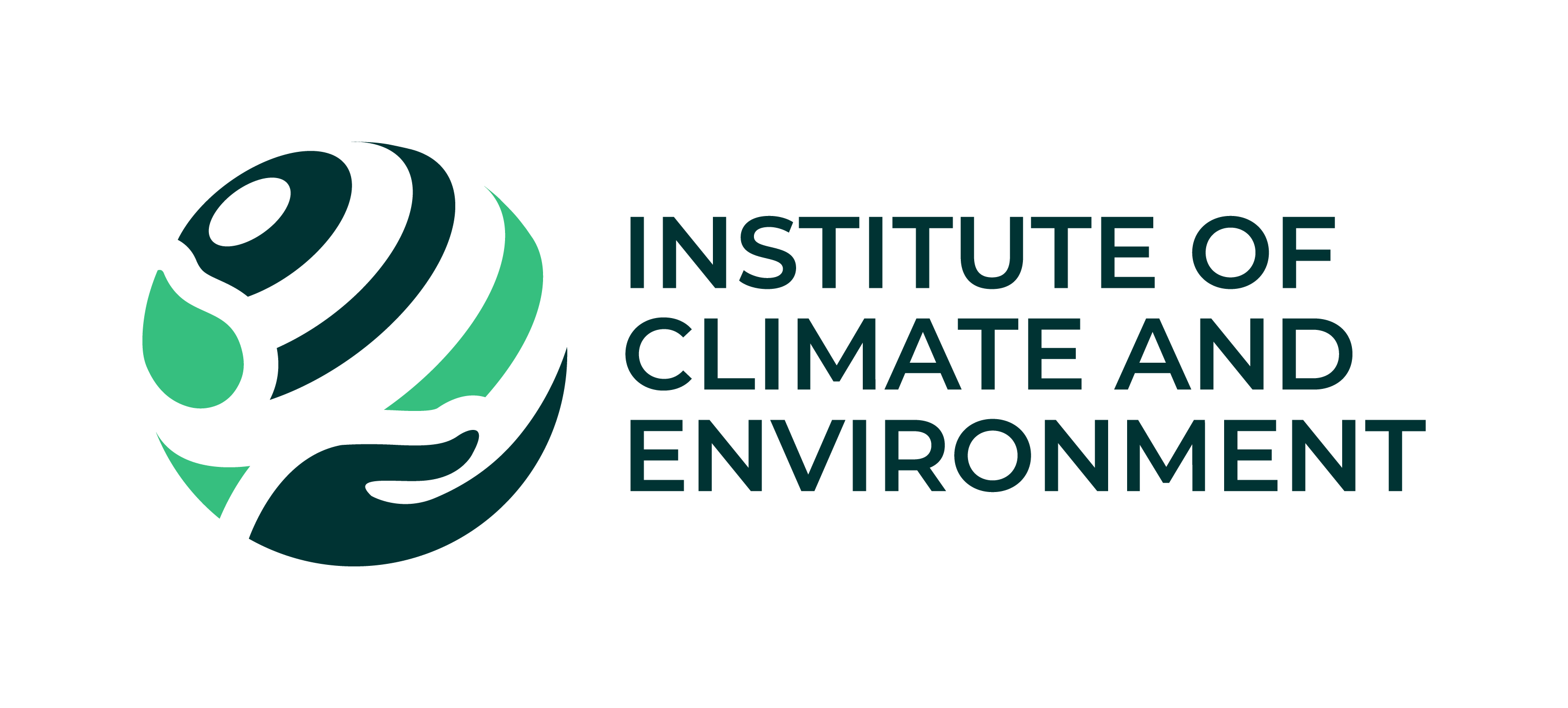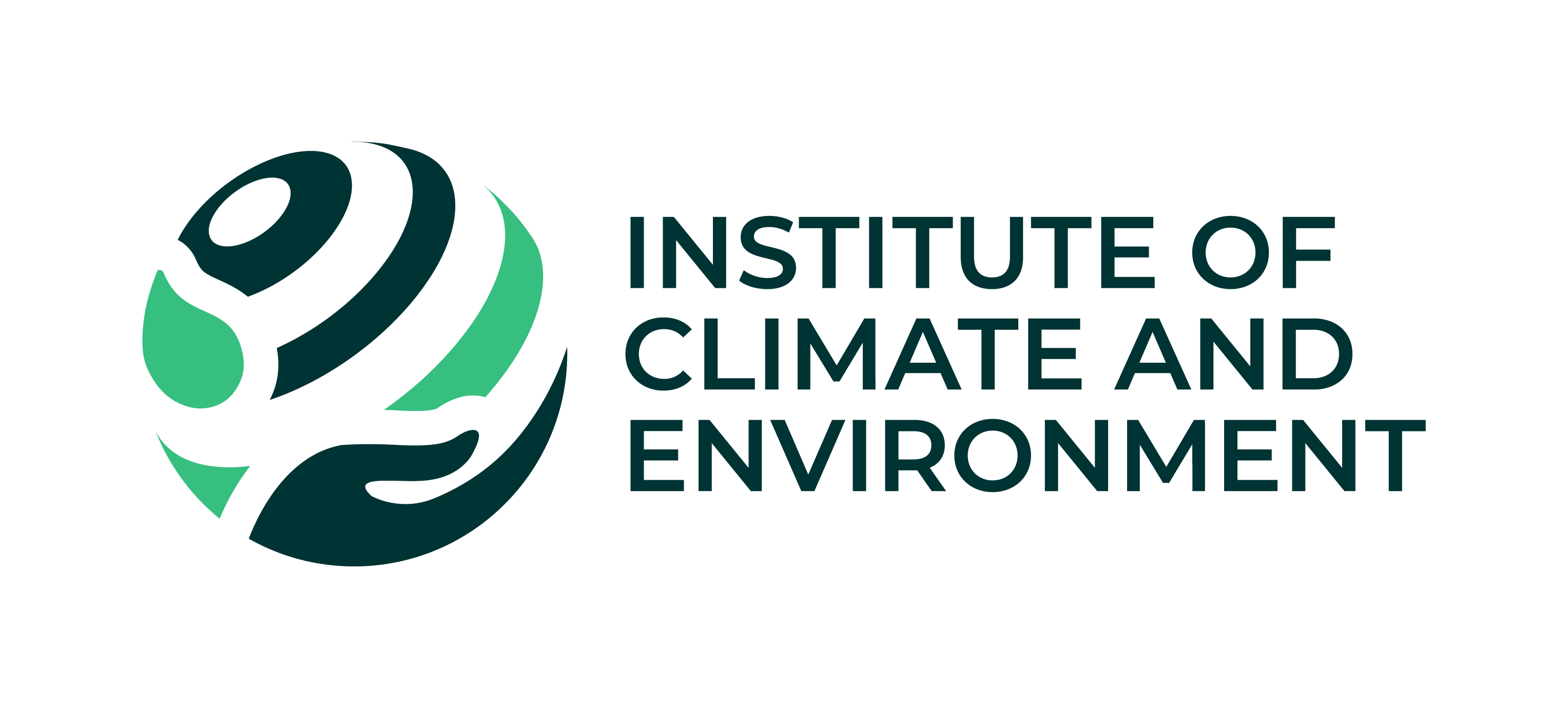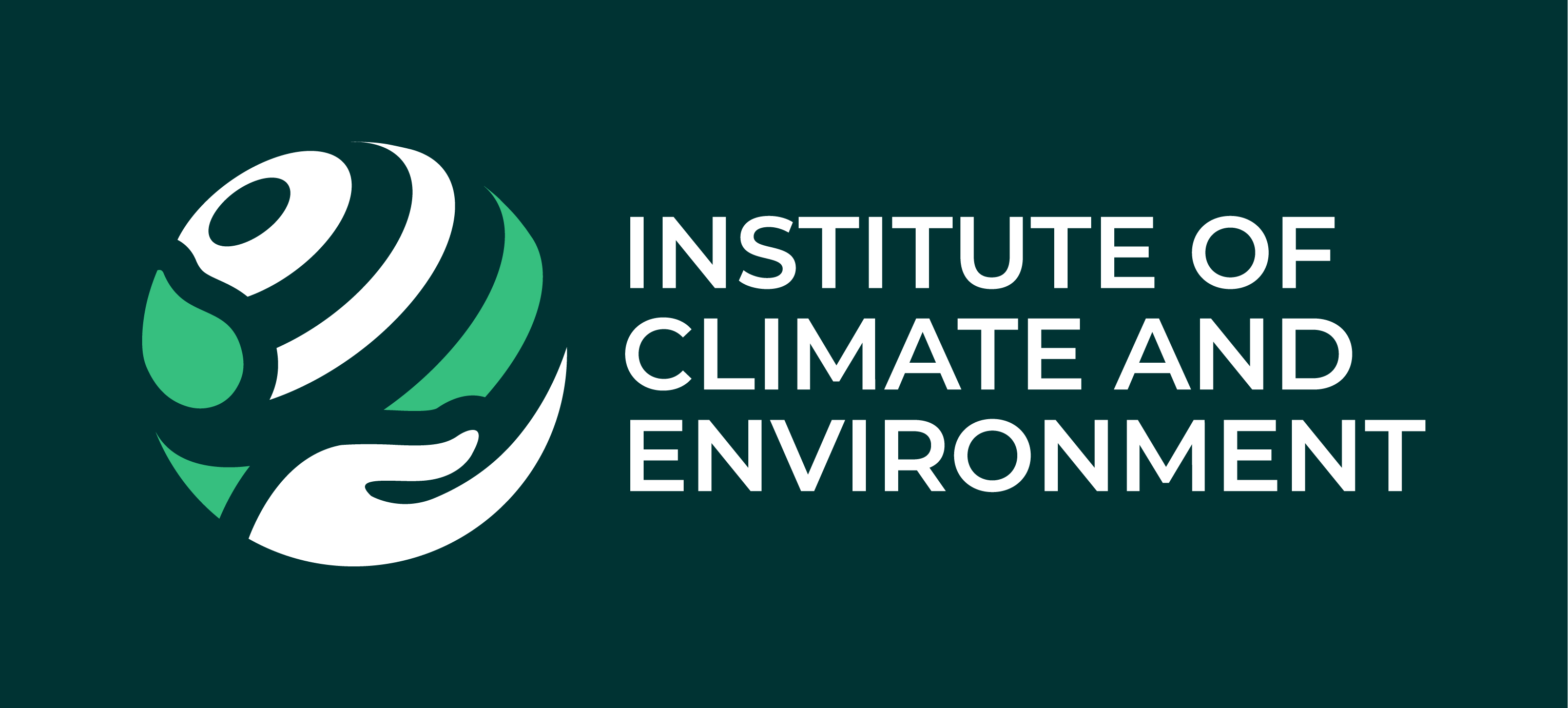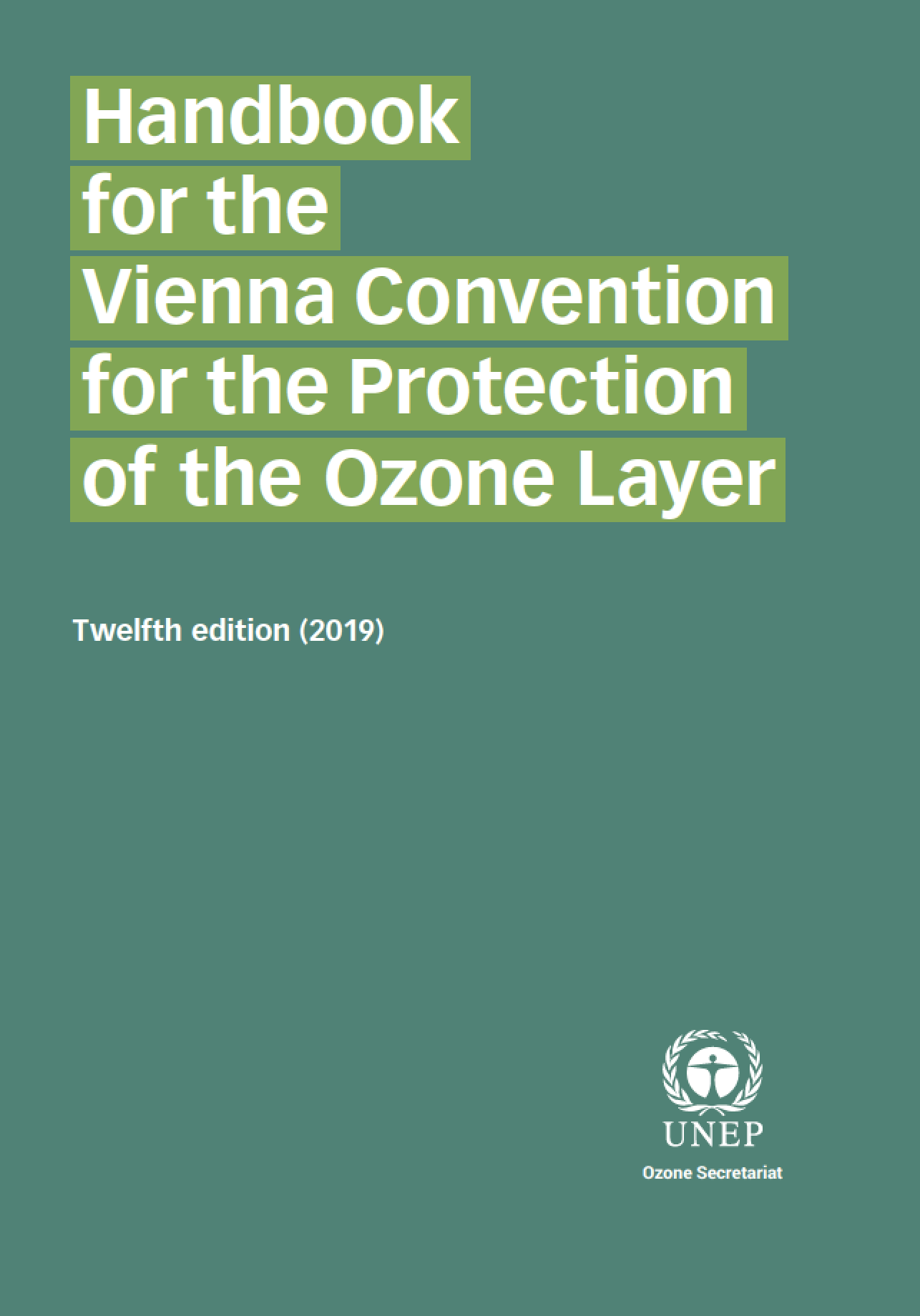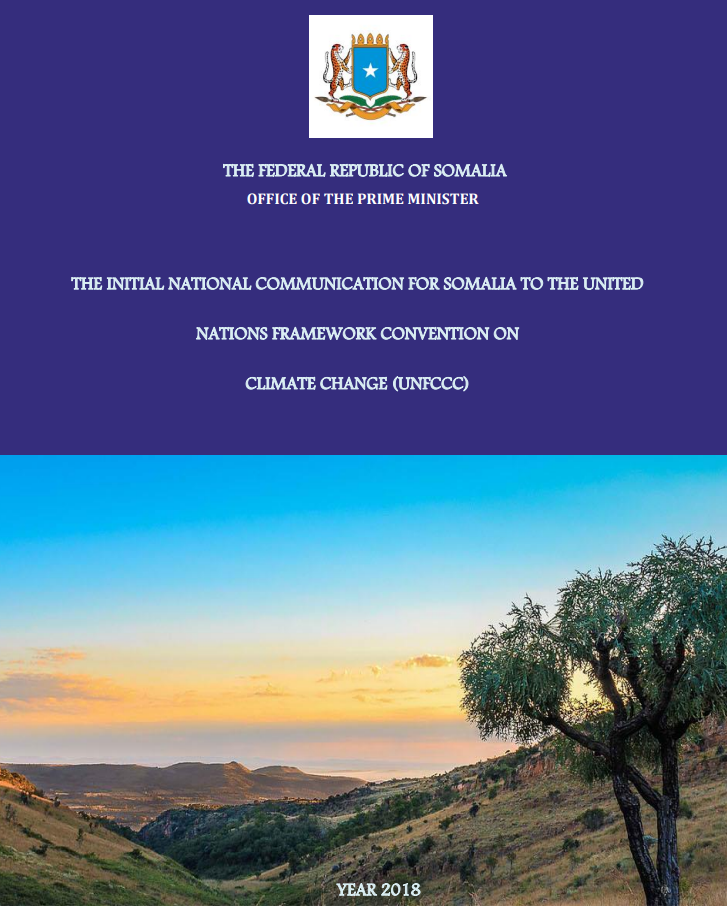
Convention on Biological Diversity
The Convention on Biological Diversity (CBD) is an international treaty established in 1992 at the Earth Summit in Rio de Janeiro. Its primary goal is to promote the conservation of biodiversity, the sustainable use of its components, and the fair and equitable sharing of benefits arising from genetic resources. The CBD aims to address the ongoing loss of biodiversity and the degradation of ecosystems by fostering cooperation among nations and organizations.
The CBD has three main objectives:
1. Conservation of Biodiversity: This involves the protection and preservation of ecosystems, species, and genetic diversity.
2. Sustainable Use of Biodiversity: This focuses on utilizing biological resources in a way that doesn’t compromise their long-term availability and ecological balance.
3. Fair and Equitable Sharing of Benefits: The CBD encourages sharing the benefits derived from genetic resources, such as pharmaceuticals, agricultural products, and other innovations, in a way that benefits both the provider countries and the users.
The Convention emphasizes the importance of integrating biodiversity considerations into various sectors, such as agriculture, forestry, fisheries, and tourism, as well as mainstreaming biodiversity into national development plans. It also highlights the significance of indigenous and local knowledge in biodiversity conservation.
Over the years, the CBD has led to the development of various protocols and initiatives, such as the Nagoya Protocol on Access to Genetic Resources and the Fair and Equitable Sharing of Benefits, and the Cartagena Protocol on Biosafety. These agreements provide legal frameworks for regulating access to genetic resources and addressing the potential risks of genetically modified organisms.
Efforts under the CBD have contributed to raising awareness about biodiversity conservation, but challenges remain, including habitat loss, invasive species, climate change, and unsustainable resource exploitation. The Convention continues to serve as a key platform for international cooperation to address these challenges and safeguard the planet’s biological diversity for current and future generations.
